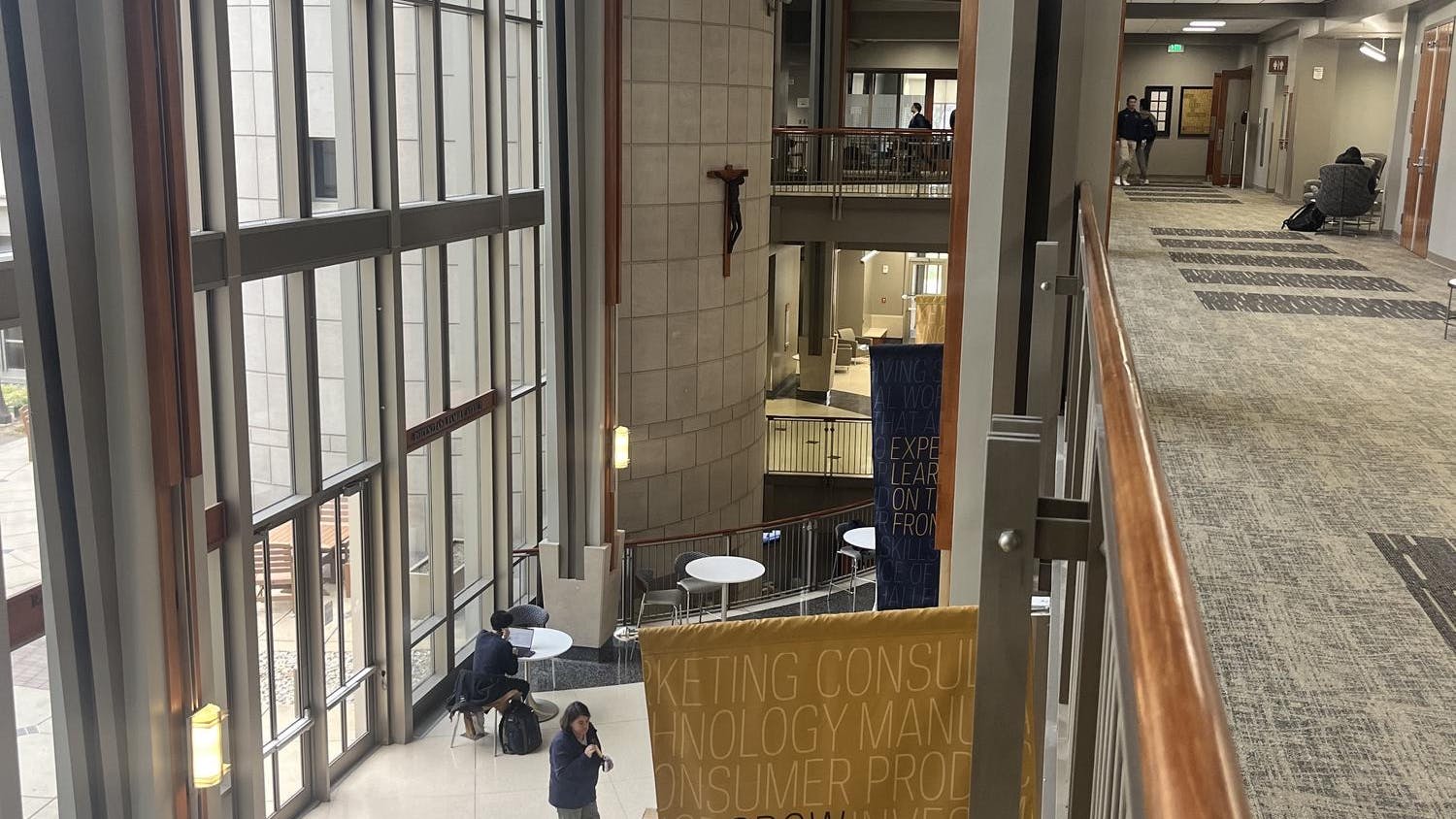Three professors from Notre Dame’s Wilson Sheehan Lab for Economic Opportunities, better known as LEO, recently published an opinion piece in The Hill about solutions to the homelessness crisis in America.
Bill Evans, professor of economics and co-founder of LEO, has a dream for what LEO will be one day.
“I want us to be integral in the decision making of policies, based on our research,” he said.
LEO is a research center that partners with local social service organizations to measure theimpact that their programs are having on the lives of their clients.
“What we try to do is use the tools that we have in economics to identify the successful programs, see which ones are working and delivering as promised, so we know where to place limited dollars that these organizations have to help out their clients,” Evans said.
LEO recently conducted research in Chicago and Santa Clara County, CA. They found that individualsand families on the brink of homelessness who had access to funding were more than 70% lesslikely to end up homeless over the next year than those who did not receive financial assistance.
“The poor deserve programs that work. We don’t want to be wasting their time engaging inactivities that are not helping them out at all. So we think it’s a useful exercise to just go back andask the basic question,” Evans said.
When thinking about practical solutions and policies to combat homelessness in America, LEO researchers have found that part of the difficulty in achieving their goal of solving homelessness is that poverty is multifaceted.
“The one thing that we’ve spent a lot of time on is that there are a lot of different reasons why people are poor. Of those that are poor, they have a lot of barriers to success,” Evans said. “And so the programs that are going to be successful are going to be ones that are going to attack multipledimensions of the problem, because poverty is multidimensional.”
He went on to talk about an example of a single mom who had dropped out of high school.
“She’s going to have to solve the skill acquisition problem. She’s going to have to figure outappropriate daycare for her children. A lot of cities have very poor public transportation, so she’sgoing to have to solve transportation problems to find an appropriate job,” Evans said.
Evans said he remainshopeful that LEO’s work will be a tool to solve the problem. He added that Notre Dame was integral to the success of LEO.
“There’s just this enormous advantage that we’ve had because we started this at Notre Dame, andI don’t think we would have had the same advantage of this if we had been in some state schoolor some other secular private institution,” Evans said. “It’s a gift for us to be able to do this at Notre Dame.”
Read More
Trending









